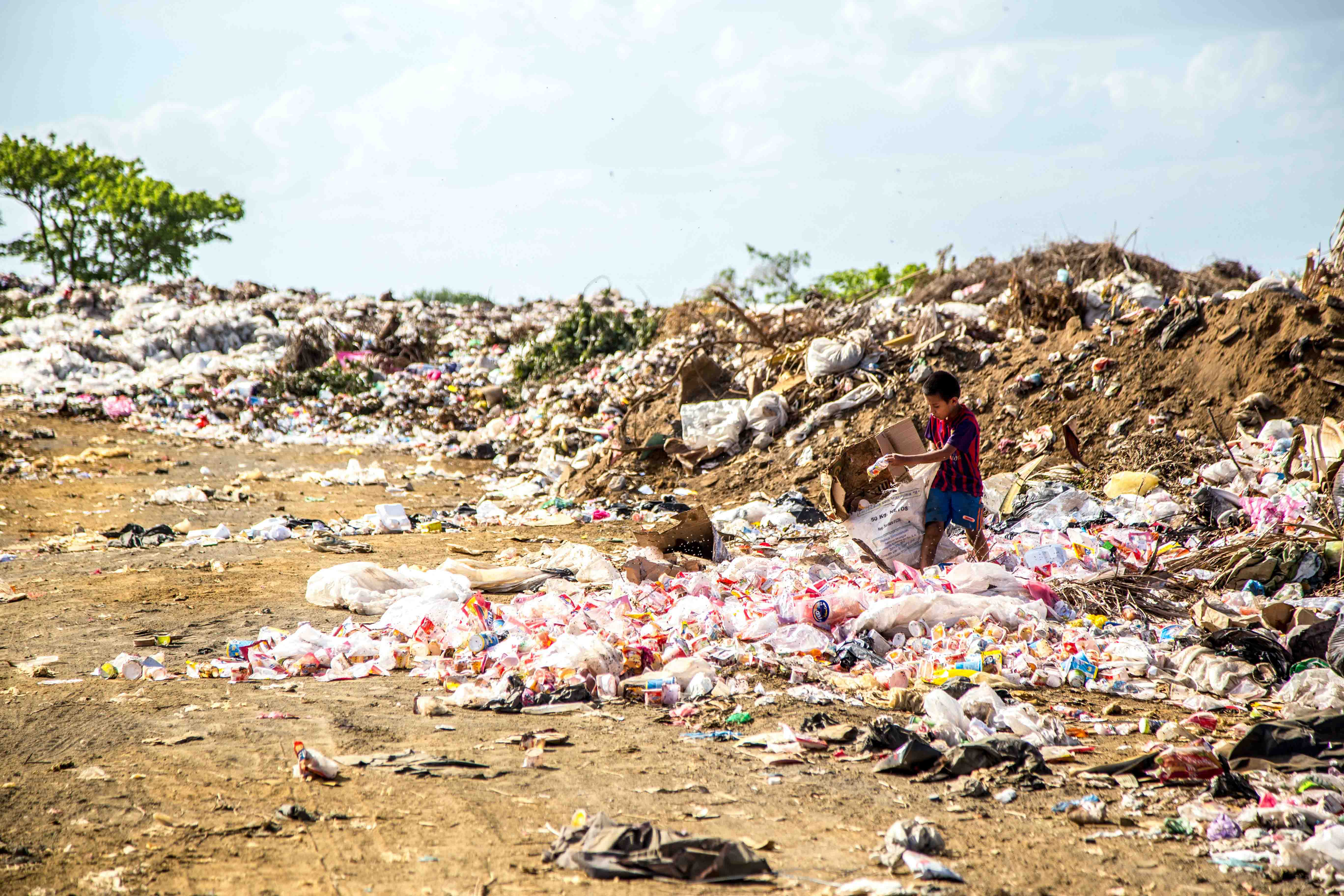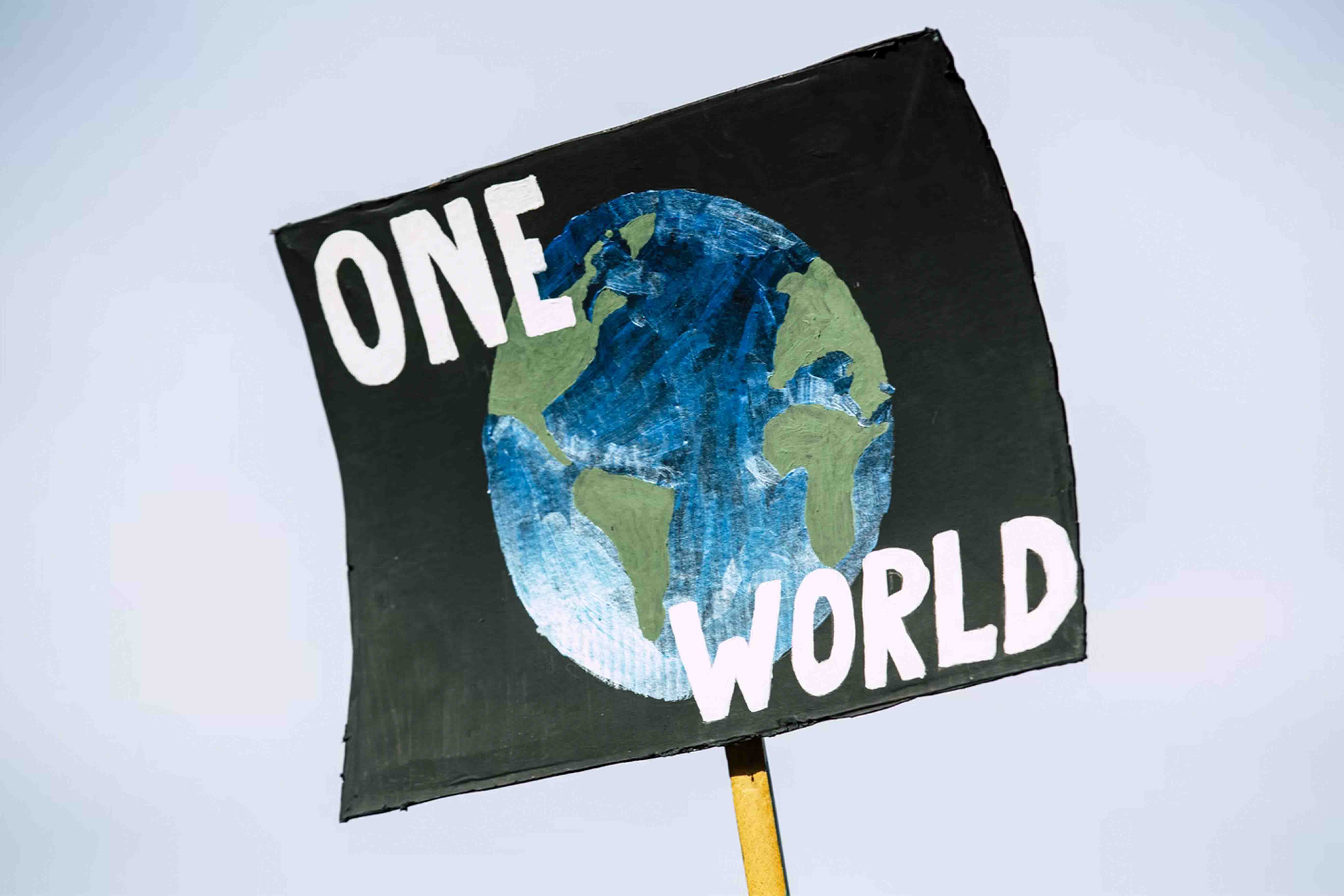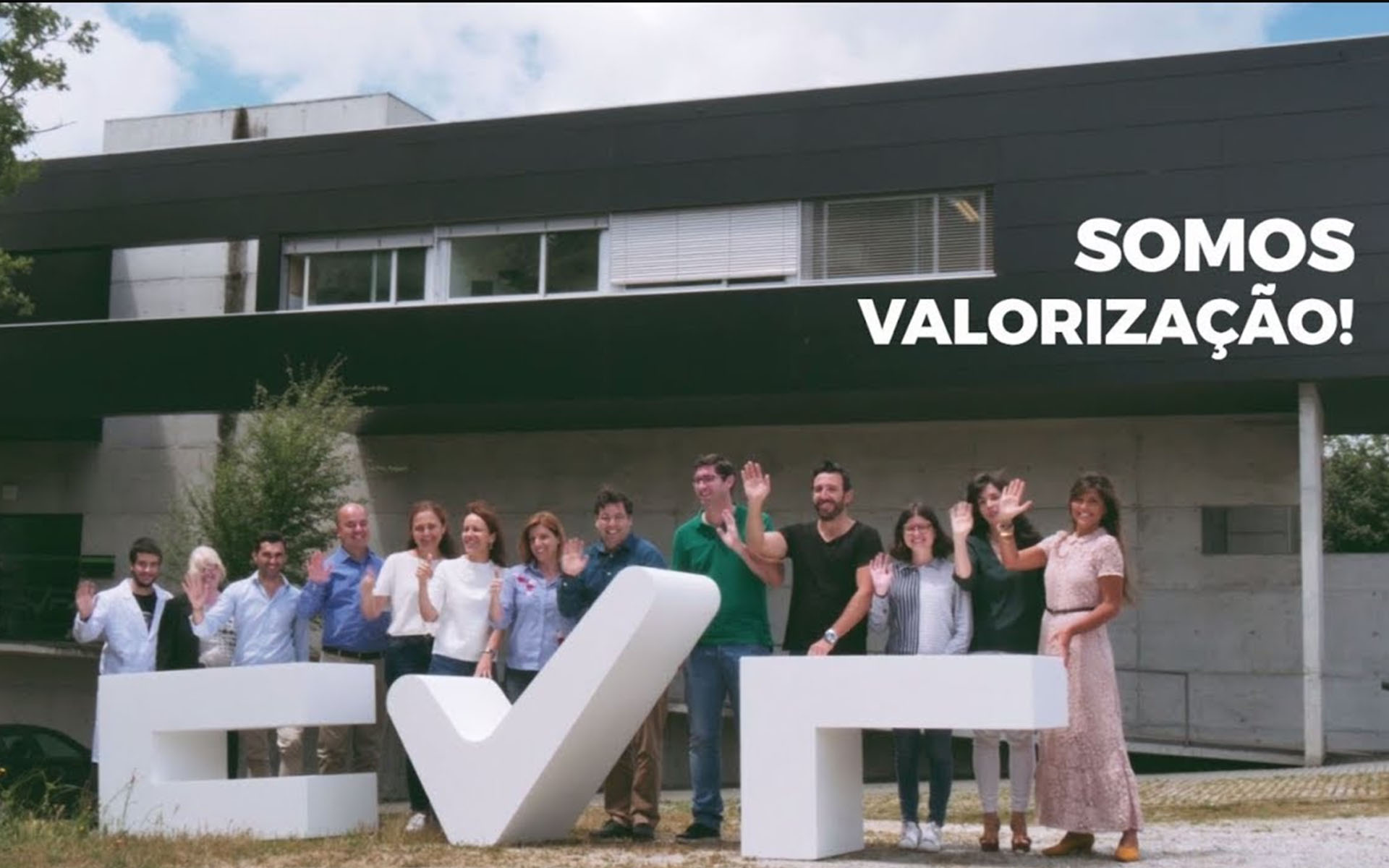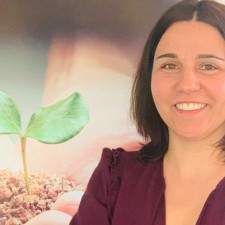
News
Waste Recovery: The Road to Sustainability
The path, in our country, to true economic and environmental sustainability is through the use of discarded materials either in industrial processes, services, and in our homes.
To get a real sense of the size of the waste issue, in Europe, in 2018, about 2383 million tons of waste were produced from mining, manufacturing, energy, construction/demolition, services, and urban waste, and in Portugal, this figure was approximately 10.3 million tons. It is also important to realize that the main destinations for waste treatment in Europe are landfills (37%) and recycling (39%), with Romania and Bulgaria having the highest landfill rate (94% and 85%, respectively) and Italy and Belgium having the highest recycling rate (79% and 77%, respectively). In 2018, Portugal had a landfill disposal rate of 34%, lower than the European average, and a recycling rate of 48%, higher than the European average.

In addition, some natural resources are in danger of being extinguished in the near future. In this regard, it is important to note that the European Commission, is aware that raw materials are crucial to the economies of its member countries since they are used to produce a wide variety of goods and applications used in our daily lives and in the most modern technologies. For this reason, the European Commission created in 2011 the first list of 14 critical raw materials for Europe (CRMs), which, in 2020, was updated for the fourth time to 30 critical materials.
Another important point to note, alongside the critical raw materials for Europe, is the calculation of EarthOvershoot Day, which is carried out by the Global Footprint Network, an international organization based in Oakland, USA. In 2021, the EarthOvershoot Day was on July 29 and marked the date from which humanity's annual demand for resources exceeds what the planet is able to regenerate in that same year. In other words, it's as if we were using the equivalent of 1.7 Earths. Speaking in the specific case of Portugal, the day calculated for the year 2021 was May 13, which is even more worrying. If the entire planet spent as much on resources as the Portuguese spent in 2021, then humanity would use the equivalent of 2.75 Earths! If to all this we add the United Nations' forecasts for a 33% growth in the world population over 35 years, taking 2015 as a reference year, increasing from 7.3 billion inhabitants to 9.7 billion in 2050, we can assume that this will result in an increase in material consumption and consequent waste disposal.

We must, now more than ever, make the transition from a predominantly linear economy to a truly Circular Economy! Currently, the CVR, Centre for Technology and Innovation of the University of Minho and entity with Public Utility Status, has 86 members in a very wide range of industrial sectors, giving us access to different types of waste and daily challenging us to find solutions and alternatives to real problems and adjusted to different scenarios. This enables us to be at the forefront of good practices in the field of waste recovery. However, at CVR we recognize that there are some barriers to a greater circularity in the use of materials, namely in the legal framework, which is too often bureaucratic for those who want to use waste, resulting in very long waiting times for the national panorama of companies which are mainly composed of micro and small businesses.

The future will undoubtedly be greatly affected by uncertain times in this sector (see the damaging effects on the Energy sector that the war in Ukraine is generating), which reserves Europe and Portugal a challenging role in the search for innovative methodologies for waste management. The fact that today a significant part of our materials with potential for recovery is sent to landfills, without further use, or is managed in non-compliance with the law, implying economic and/or environmental losses for our country, is in itself and simultaneously the lever and the ground for future action of the Technology and Innovation Centers and Universities of this country.
Did you like this article? Join the Fibrenamics community by registering here.
Author: Jorge Araújo, Diretor Executivo do CVR - Centro para a Valorização de Resíduos.


